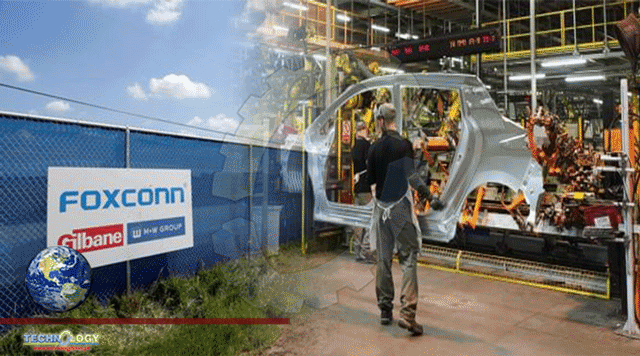Taiwan’s Foxconn Said On Friday It Was In Talks With The U.S. State Of Wisconsin About Building Electric Vehicles There.

Taiwan’s Foxconn Said On Friday It Was In Talks With The U.S. State Of Wisconsin About Building Electric Vehicles There, Part Of The Major Apple Inc Supplier’s Push To Diversify Income Streams. Foxconn and electric car manufacturer Fisker Inc said in May that they had finalised a vehicle-assembly deal. They did not identify a location, but Fisker’s CEO said Foxconn’s Wisconsin site was a possibility.
In a statement, Foxconn said it had begun discussions with Wisconsin. “Foxconn has engaged the Wisconsin Economic Development Corporation to discuss the company’s plans for electric vehicle manufacturing. Foxconn is optimistic about our partnership with WEDC and looks forward to ongoing discussions,” it added.
The company, formally called Hon Hai Precision Industry, gave no further details. A Wisconsin Economic Development Corp spokesman said the agency does not comment on any potential talks until a contract is executed. In April, Foxconn drastically scaled back a planned $10 billion factory in Wisconsin, confirming its retreat from a project that former U.S. President Donald Trump once called “the eighth wonder of the world” and was supposed to build cutting-edge flat-panel display screens.
A month earlier, Foxconn’s chairman said it may make electric vehicles (EVs) at the Wisconsin site, though could decide on Mexico, and would make a decision this year. Over the past year or so Foxconn has announced several deals on the production of EVs with automakers including Fisker, China’s Byton and Zhejiang Geely Holding Group, and Stellantis NV’s Fiat Chrysler unit.
On Friday, Fisker said talks with Wisconsin economic development officials were normal in the process of evaluating potential plant sites. The carmaker said in May it had finalized plans for Foxconn to build vehicles for the electric car startup at a U.S. plant starting in 2023, and Wisconsin was one of four options. Foxconn aims to provide components or services to 10% of the world’s EVs by 2025 to 2027, posing a threat to established automakers by allowing technology companies a shortcut to competing in the vehicle market.
This news was originally published at US News.
